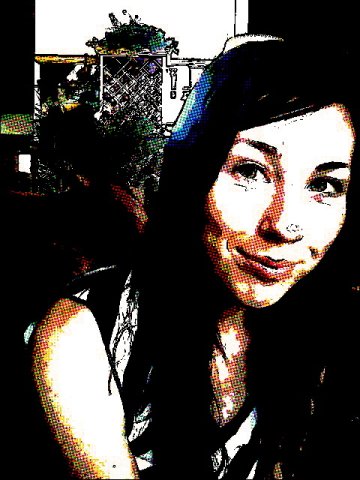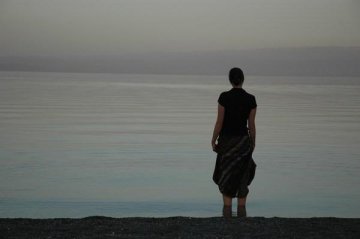
Jenny Williams, self portrait.
Jenny Williams was one of Matador’s original members and among its first contributors. I’ve been stoked to work with her and follow her progression as a writer over the last two and a half years, particularly her work outside of non-fiction / travel writing.

